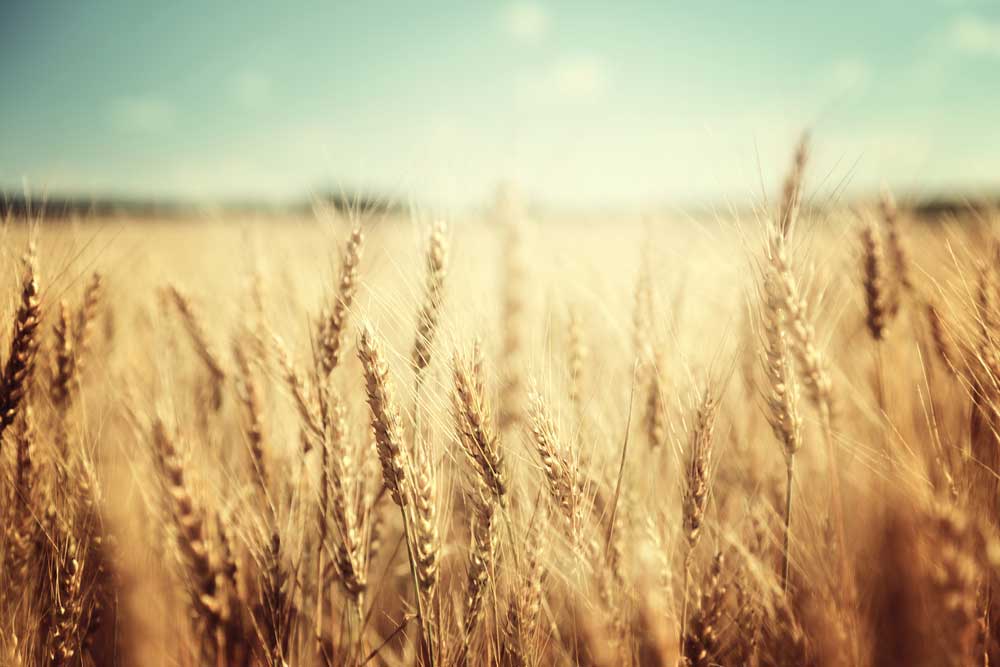India has raised its import duty on wheat to 40 per cent from 30 per cent, the government said late on Friday, as the world’s No. 2 producer of the grain tries to support local farmers.
The step comes as Prime Minister Narendra Modi’s party looks to contain rural discontent because of lower crop prices amid voting in the general elections that began on April 11 and ends on May 19. Local wheat prices have fallen over 11 per cent in 2019 because of ample supply from last year’s crop and forecasts of a record output.
The hike in duty is likely to make imports of wheat unviable for flour mills even after recent declines in global prices, potentially dragging further on global grain markets.
“Local wheat production is higher. The government is now trying to ensure prices remain above support levels,” said Harish Galipelli, head of commodities and currencies at Inditrade Derivatives & Commodities in Mumbai.
India has raised the price at which it buys new-season wheat from local farmers by 6 per cent to Rs 1,840 per 100 kg for 2019.
The government usually purchases about a quarter of such wheat from farmers at state-set prices to build stocks to run a major food welfare programme.
The country’s wheat production will rise 2 per cent in 2019 from the year before to a record 99.12 million tonnes, according to estimates from the country’s agriculture department.










